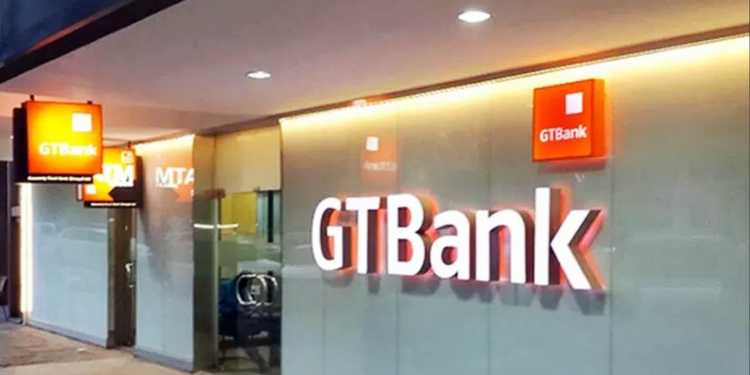Guaranty Trust Bank (GTBank) has addressed recent media claims of a website cloning incident, confirming an attempted breach but assuring that no customer data was compromised.
The bank reported a hacking attempt that coincided with a recent domain renewal, which caused temporary website disruption. This disruption led to public concern and speculation that the bank’s site had been cloned, risking customer data.
In a statement issued Thursday, GTBank clarified that while there was an isolated effort to breach its domain, the website was not cloned, and customer data remained secure. The bank emphasized that it does not store customer information directly on its website, thus ruling out any data breach.
GTBank assured its clients and stakeholders that its Information Security Experts are diligently working to restore normal operations. The statement urged the public to disregard the inaccurate media reports and reaffirmed the bank’s commitment to data protection.
The statement read: “Recent reports have suggested that hackers have taken over and cloned our website, potentially intercepting customer data. While there was an isolated incident attempting to compromise our domain, we confirm that our website was not cloned, and no customer information was at risk. Our team is working tirelessly to restore domain settings, and we are committed to ensuring our website’s prompt return.”
The incident, which began on the night of August 14, 2024, followed the bank’s domain renewal for an additional five years. Some reports alleged that hackers created a counterfeit version of the GTBank website to conduct phishing attacks.
This disruption led to numerous customer complaints on social media, particularly on X (formerly Twitter), where users reported difficulties accessing online banking services. Despite these issues, GTBank’s mobile applications for Android and iOS continued to function normally.
The incident underscores the increasing threat of cyberattacks targeting financial institutions in Nigeria, highlighting the need for robust cybersecurity measures to protect against such threats.




